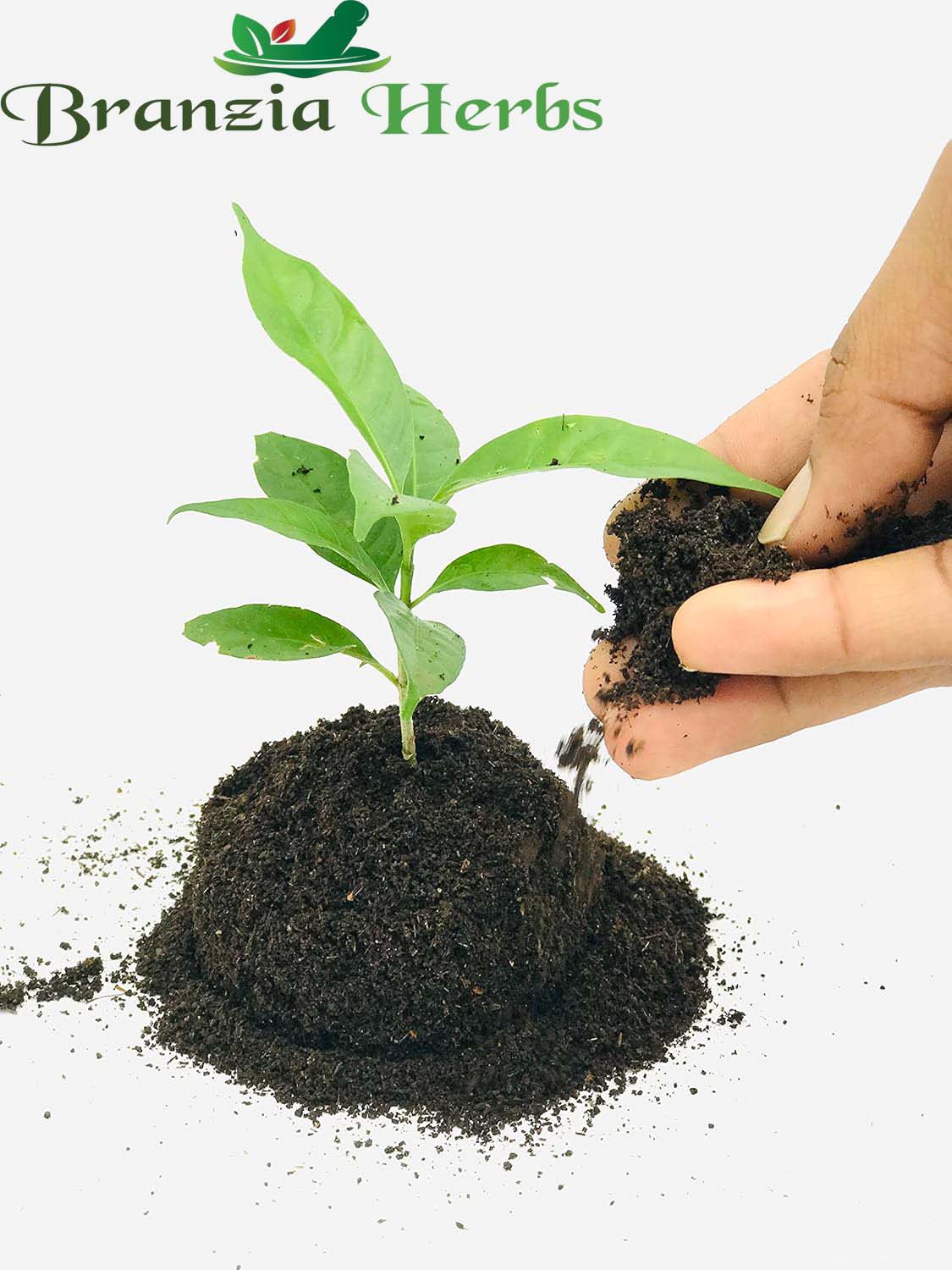Ficus benghalensis, commonly known as the Banyan Tree, is a large, iconic tree native to the Indian subcontinent. It is renowned for its extensive aerial root system and its significant cultural and ecological role. Here’s a detailed guide on Banyan Tree seeds, including their characteristics, benefits, and planting care:
Characteristics
-
Appearance:
-
Seeds: Banyan Tree seeds are small, round, and typically found within the fruit of the tree. The fruit is a small, greenish fig-like structure that turns purple or black when ripe.
-
Fruit: The fruit is a small, greenish fig, which eventually turns a darker color when mature and contains numerous tiny seeds.
-
Tree Size:
-
Height: The Banyan Tree can grow up to 20-30 meters (65-100 feet) tall, with a broad, spreading canopy.
-
Canopy: It has a wide, dense canopy and is famous for its aerial roots that descend from the branches and become additional trunks.
Benefits
-
Ecological Benefits:
-
Shade and Shelter: Provides extensive shade and shelter. Its wide canopy makes it a popular choice for creating shaded areas in gardens and public spaces.
-
Habitat: Supports various forms of wildlife, including birds and insects, which use the tree for shelter and food.
-
Cultural and Spiritual Significance:
-
Symbolism: The Banyan Tree holds significant cultural and spiritual importance in many Asian cultures. It is often considered sacred and is featured in various religious and cultural practices.
-
Community Trees: Often planted in community spaces and temples, where it serves as a gathering place due to its expansive canopy.
-
Environmental Benefits:
-
Air Purification: Helps in improving air quality by absorbing pollutants and releasing oxygen.
-
Soil Erosion Control: The extensive root system helps in controlling soil erosion.
Planting Banyan Tree Seeds
-
Preparation:
-
Seed Treatment: Banyan Tree seeds usually do not require special treatment, but soaking them in water for a few hours before planting can aid germination.
-
Timing:
-
Optimal Season: Plant seeds in the spring or early summer when temperatures are warm and conditions are favorable for growth.
-
Soil and Location:
-
Soil Type: Prefers well-drained, loamy soil but can adapt to a range of soil types. Ensure good drainage to prevent waterlogging.
-
Location: Choose a sunny location with full sun exposure. Banyan Trees thrive in tropical and subtropical climates.
-
Planting:
-
Sowing Seeds: Plant seeds about 1 inch (2.5 cm) deep in the soil. Space seeds or seedlings about 15-20 feet (4.5-6 meters) apart to accommodate the mature tree size.
-
Germination: Seeds typically germinate within 2-4 weeks. Keep the soil consistently moist but not waterlogged during this period.
-
Watering:
-
Initial Care: Water regularly to keep the soil moist until the seedlings are established. Avoid waterlogging as it can lead to root rot.
-
Ongoing Care: Once established, the Banyan Tree is relatively drought-tolerant but will benefit from occasional watering during dry periods.
-
Fertilizing:
-
Nutrients: Fertilize with a balanced fertilizer or compost during the growing season to support healthy growth. Organic matter can also be beneficial.
Care and Maintenance
-
Pruning:
-
Trimming: Prune young trees to shape them and remove any dead or damaged branches. Regular pruning helps maintain the tree’s structure and encourages healthy growth.
-
Pest and Disease Management:
-
Monitoring: Banyan Trees are generally resistant to pests and diseases but should be monitored for issues such as fungal infections or insect infestations.
-
Control: Use appropriate treatments if problems arise, following local guidelines.
-
Protection:
-
Young Trees: Protect young trees from extreme weather conditions and pests until they are well-established.
Environmental Considerations
-
Climate Adaptation: Banyan Trees are best suited to tropical and subtropical climates. They can tolerate some drought but are sensitive to frost.
-
Invasiveness: In some regions, Banyan Trees can become invasive due to their rapid growth and extensive root system. Monitor growth and manage accordingly.
Summary
Ficus benghalensis (Banyan Tree) seeds are valuable for their ecological, cultural, and environmental benefits. The tree is renowned for its broad canopy, aerial roots, and role in supporting wildlife. By following proper planting and care guidelines, you can successfully grow a Banyan Tree and enjoy its numerous advantages while contributing to its conservation and responsible management







